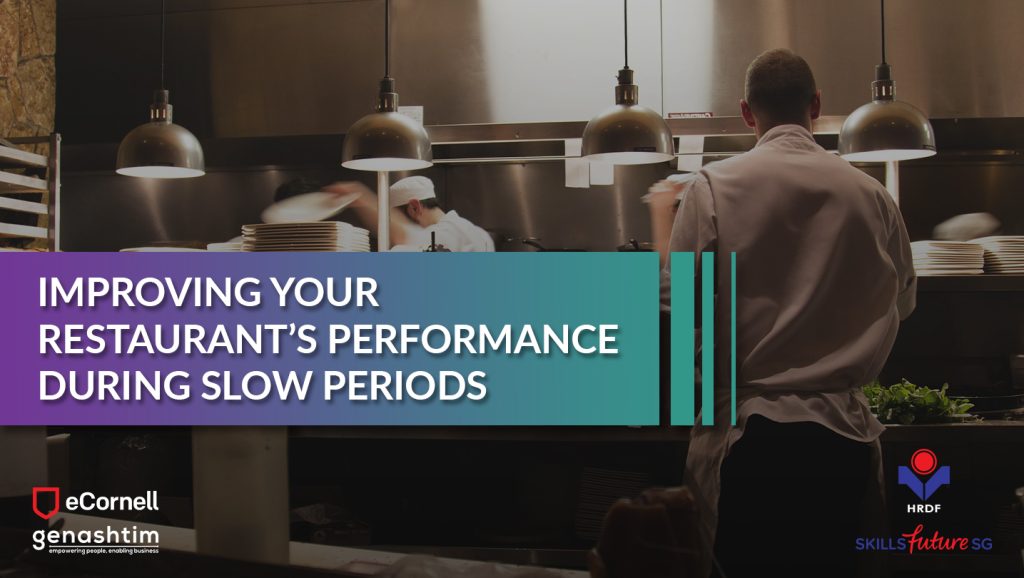Improving Your Restaurant’s Performance During Slow Periods

Unless your restaurant can consistently fill most of its seats, you will operate below capacity and revenue will fall, sometimes drastically. When your restaurant experiences non-peak seasons, many seats will be vacant for a period and you will need to implement measures to guard against revenue loss.
Ryan Andrews sees a genuine challenge for restaurant managers at times when many people opt not to dine out. Writing on Eat, he shares several strategies for increasing revenue during non-peak hours or slow days. These strategies require sound planning to be successful and success in this instance means bringing in revenue that is tantamount to the yield from peak-hour dining.
To begin with, you should reflect on your target customers and consider what needs they have that you could meet through the implemented strategies. For example, would your customers respond to a discount on a favorite meal? You then build on your chosen strategy around the dish of choice and the time of the day or day of the week you will implement the plan. Some customary tactics include discounts on food and drinks, hosting special events such as live performances, and marketing around themes such as comedy night.
Marketing will play a pivotal role in this revenue-boosting effort. Carefully build effective online and offline marketing channels into the strategy. These should include the restaurant’s website and selected social media channels. Main the restaurant’s identity – its brand – and build on the strength of the restaurant rather than compensate for its weaknesses. Maintain its look and feel so your customers can continue to enjoy the ambiance that they have grown to love. The goal of your strategy should be to build upon your regular customer base, not to attract one-time customers who will show up just to take advantage of the specials.
eCornell offers an intensive program in Restaurant Revenue Management, which will introduce you to many tools and techniques that you can use to improve your restaurant’s performance during slow periods. You will also learn how to design and engineer your menus, optimize your restaurant’s pricing and space, and manage meal duration and reservations.
eCornell courses are approved by SkillsFuture Singapore for SkillsFuture Credit as well as by HRDF Malaysia under its SBL Scheme.
